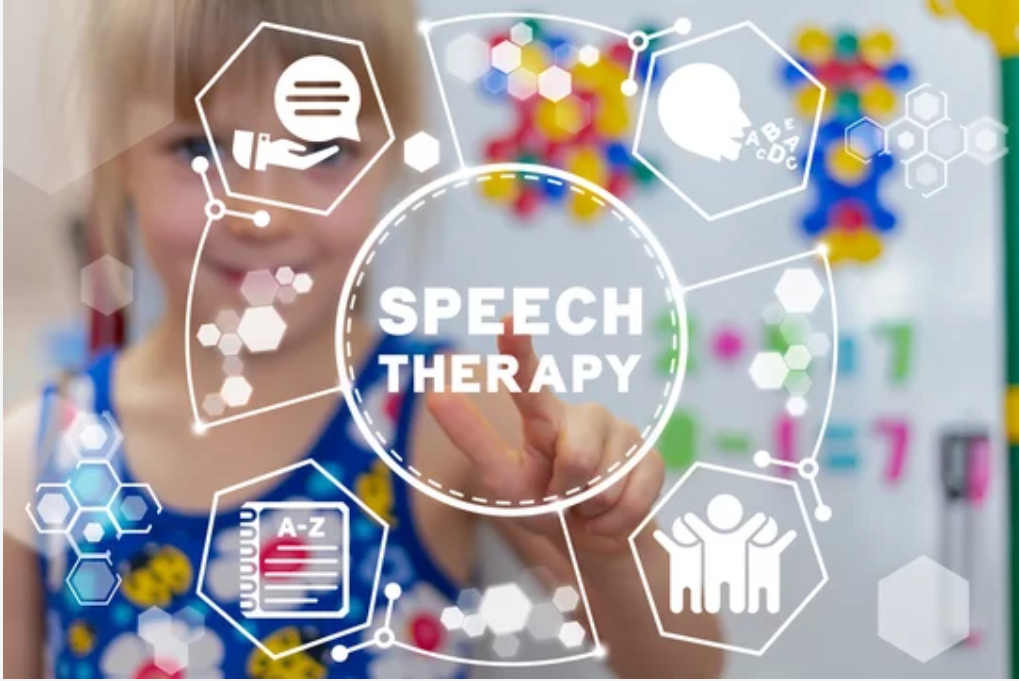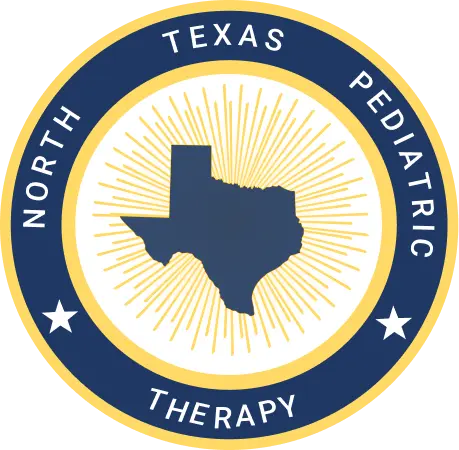Learning to speak is a process and not a race that children need to complete within a given time. It is perfectly normal for kids to speak some words and for others to take some more time before they begin talking fluently.
However, when are you supposed to take action? Understanding speech therapy milestones and recognizing signs of delay are crucial steps. With the right speech therapy guidance, parents can make informed decisions about their child’s development.

Signs Your Child Needs Early Speech Intervention
So, when should you consider early speech intervention? Here are some signs:
Lack of babbling by 6-9 months: Stammering is a great stride towards real words. If your baby shows no signs of making cooing or sound, chances are high that you need to consult a therapist.
Limited vocabulary at 18 months: If your toddler knows fewer than 20 words by this age, they may benefit from speech therapy guidance.
Difficulty combining words at age two: By this time, two-word sentences ought to start developing.
Trouble understanding directions: Communication delay is not only in speaking; the ability to comprehend is equally a problem.
Every child develops at a different rate, but if you see that your baby is not hitting all of these on time, it is necessary to intervene early.
The Basics of Speech Therapy Milestones
Kids develop at their own pace, but there are general milestones that can give you a guide.
Babbling By 6-9 Months
The first speech therapy development to look out for is babbling. At this age, the kids start practicing sounds such as the “ba-ba” or “da-da”. This is the stage where skills for future language development are established.
If your baby isn’t babbling by 9 months, it could be a sign they need early speech intervention. The absence of sound play could be a result of hearing problems or delayed development.
Saying First Words Around 12 Months
Most child at their first birthday are able to produce simple form of speech, which may include calling the mother ‘mama’ or ‘dada’. This child language development task implies that the child is learning or beginning to map some of the sounds they hear to meaning.
If your child is not uttering any terms by the end of one year, you should seek help. This is where speech delay therapy comes in to help your child build vocabulary and connect words with everyday objects or actions.
Using 20 Words By 18 Months
If your child is 18 months old, he/she should not use less than 20 different words. These can be even concrete nouns, for example, “ball”, verbs, for example, “eat,” or even the simplest adjectives. This is the developmental milestone through which the onset of expressive language occurs.
If your toddler has fewer than 20 words, speech therapy guidance can provide exercises and strategies to support their progress. It’s a great time to explore early speech intervention, as earlier help often leads to quicker improvements.
Combining Words By Age 2
At age two, children typically begin forming two-word phrases like “want toy” or “go outside.” This is a major speech therapy milestone because it shows they’re starting to understand sentence structure.
If your child isn’t combining words by this age, it’s worth considering speech delay therapy. Early intervention can teach your child how to link words together and express more complex ideas.
Clear Speech By Age 3
Your child should be able to speak better, and even if people outside the family do not grasp what he or she is saying, your child should be approximately three years old. Okay, you’re likely to get a few words wrong, but ideally, you should be able to understand roughly 75% of what they say.
If your child isn’t hitting these benchmarks, it might be worth exploring speech delay therapy. Missing these child language milestones doesn’t always mean something is wrong—it could be as simple as a quiet personality or a little late bloomer. But monitoring is another important issue.

The Role of Speech Therapy
Parents are a huge part of the process. It doesn’t matter if you know a lot; just participating is enough. Your speech therapist can provide home practice suggestions that involve activities such as reading aloud to your child, using language games, or having the child name things.
At North Texas Pediatric Therapy, we have highly qualified therapists who involve families in dealing with their children to ensure they are confident out there supporting their child. Collaboration is key!
Speech Therapy – Helping kids overcome communication challenges.
ABA Therapy – Building strength for better movement and coordination.
Why Early Action Is Essential
In some cases, it is better to begin sooner in order to avoid the problems getting worse. It seems that children’s brains are very plastic during early childhood, and therefore, it is the best time to intervene. With speech delay therapy, even small improvements can snowball into big wins.
If you have doubts about whether your child may need help, then I recommend a second opinion. That being said, only you understand your child more than any other person in this world. Ask questions and contact others for a professional checkup.
Wrapping Up
The development of speech and language is different for every child, and realizing this will help design an individualized speech therapy program. If your child is missing speech therapy milestones or you’re concerned about their progress, consider reaching out for speech therapy guidance.
This is because early intervention can bring out an opportunity through which your child will be properly equipped to communicate effectively and socially.
It is our privilege at North Texas Pediatric Therapy to be with you and support both you and your child.
Remember, it’s never too early—or too late—to invest in your child’s development. Take that first step today!


